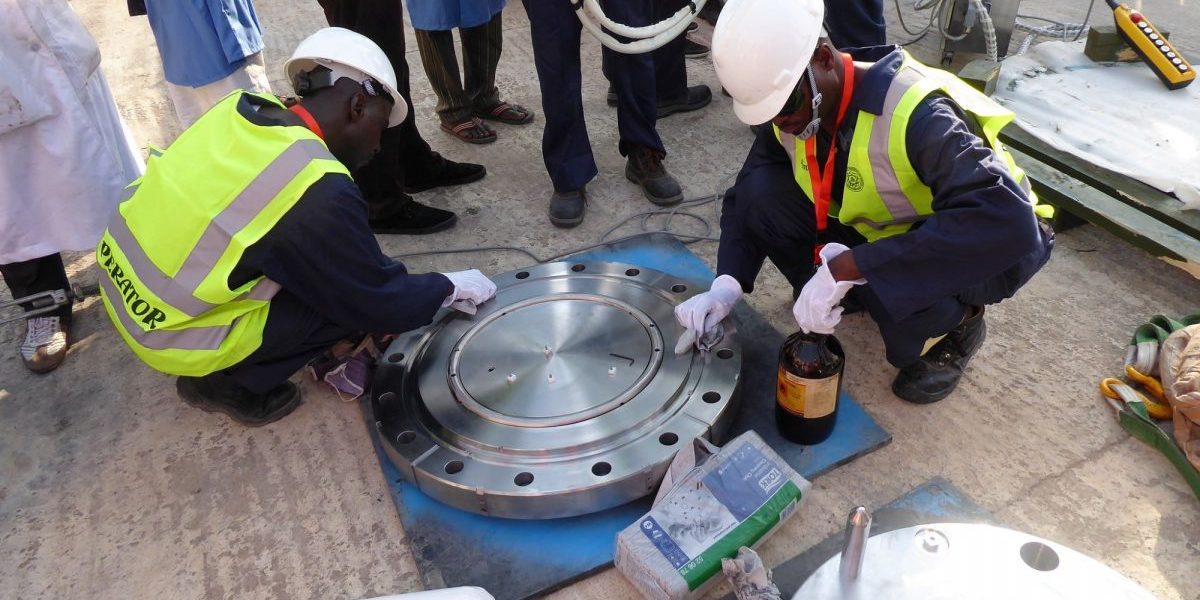Five years later in 2012, another state-owned Chinese company, CGNPG, announced its acquisition of the rights to develop the Husab Mine in Namibia, an investment that would become China’s single largest investment project on the continent. Chinese resource extraction investments have garnered both attention and notoriety, yet literature examining both Chinese investments in African uranium industries, as well as how Chinese investments have impacted the agency of African states to manage these investments, is scarce. In this paper we ask how the entry of Chinese firms in African uranium markets has impacted the agency of host African states to pursue strategies of economic and social statecraft. Using a comparative case study method with extensive field work, we examine how Chinese investment has impacted the uranium sector in both Niger and Namibia and, more critically, the impact investment has had on these states’ ability to enact state agency across eight indicators in both economic and social domains. We find that the impact has been mixed and uneven. While the Chinese investment in Niger was widely regarded as a failure—and thereby broadly reduced Niger’s agency on these dimensions of statecraft —we find the opposite to be true in Namibia, where Chinese investment at the Husab Mine has broadly improved Namibian agency in statecraft.








